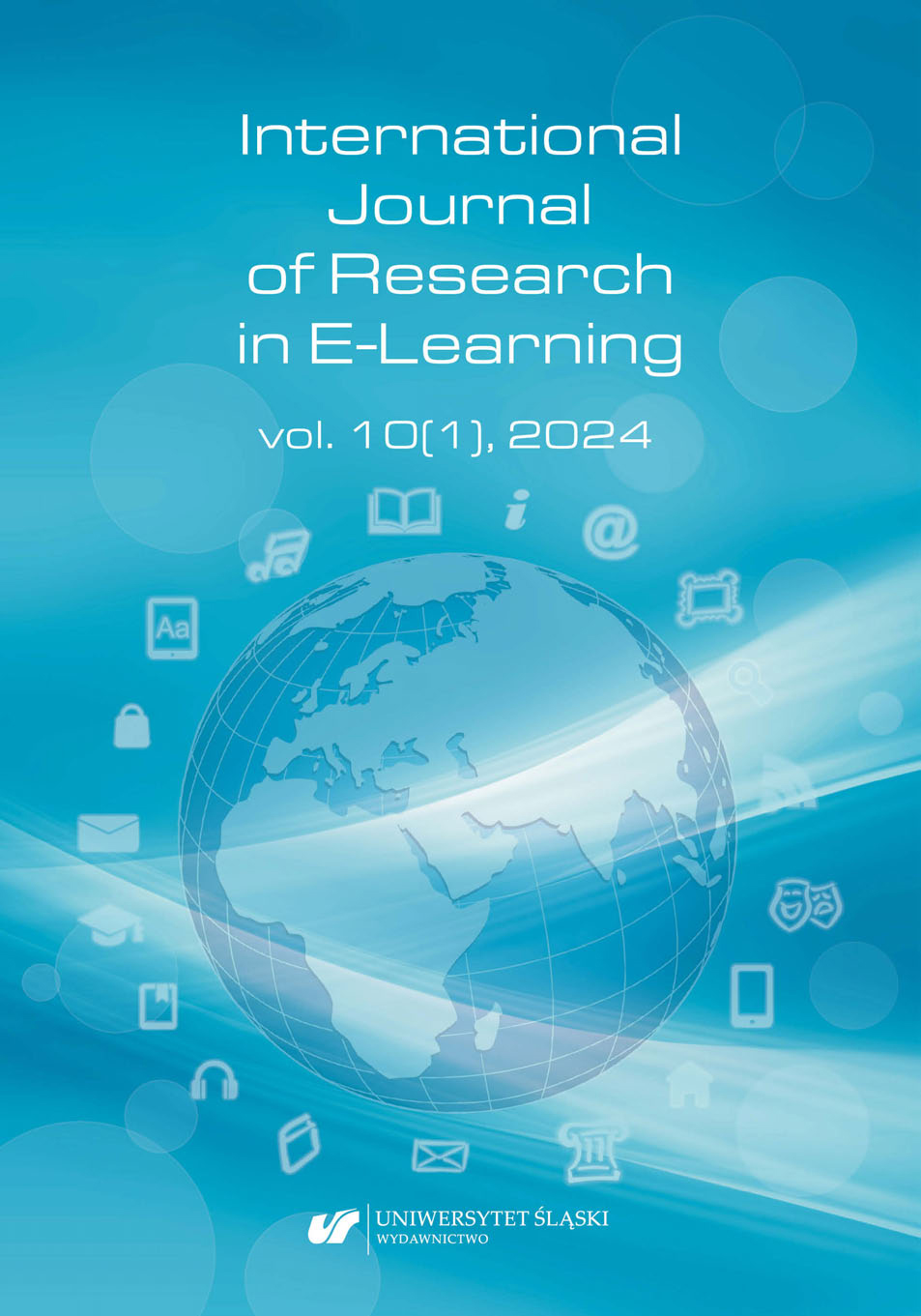MOOCs: Global Business Goals and Local Educational Strategies
MOOCs: Global Business Goals and Local Educational Strategies
Author(s): Anna ŚlósarzSubject(s): Philosophy, Education, Psychology, Ethics / Practical Philosophy, Political Philosophy, Social Philosophy, Communication studies, Semantics, Personality Psychology, ICT Information and Communications Technologies, Identity of Collectives, Distance learning / e-learning, Pedagogy
Published by: Wydawnictwo Uniwersytetu Śląskiego
Keywords: MOOC; reactivity; individualism; collectivism; personal development; context
Summary/Abstract: MOOCs are prepared by universities, research centers, business and governmental bodies. That is a device with which academic centers spread state-of-the-art. knowledge, while business entities facilitate the development of competencies, particularly in business, economics and IT. The paradox is that although MOOCs courses are open to global users, they contain distinctive features of their inventors’ and administrators’ culture because they have been created locally. In order to identify the cultural characteristics evident in the content of MOOC courses, 267 courses on creative writing posted on five platforms were analyzed: Coursera (USA), FutureLearn (UK), XuetangX (China), JMOOC (Japan) and Skill Academy (Indonesia). Skill Academy and Coursera were focused on business-marketing goals, although they represented different cultures. Chinese, Japanese and Indonesian courses reflected the responsiveness of those cultures and were people- and affiliation-oriented. They employed a holistic approach to teaching (emphasis on context), i.e. operated with live lectures, which had not happened on Western platforms. Therefore, the conviction that MOOC is a mirror of the culture in which it was created should be considered a myth. It is the MOOC platform that presents the interests of the administrators and owners. Platform owners differ in their goals: academic (general knowledge transfer becoming a thing of the past after the commercialization of Coursera and edX), marketing (focused on gaining customers and employees) or economic-political (XuetangX). For a MOOC to be useful to representatives of another culture, not only translation into another language is needed, but also a proper modification of learning objectives and methods.
Journal: International Journal of Research in E-learning
- Issue Year: 10/2024
- Issue No: 1
- Page Range: 1-23
- Page Count: 23
- Language: English

